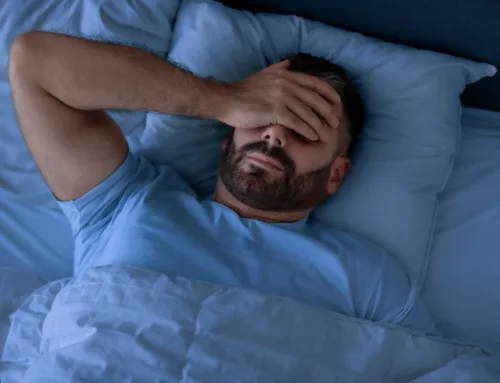Detoxing from Drugs – Benzos, Stimulants & Opioids
Drug detoxing, just like active addiction, is a different process for everyone. Certain factors, such as lifestyle, the length of usage and the substance used, can make a big difference in one’s detox journey. Understanding what affects detox and what it is like can significantly help you know what to expect from detox, in addition to helping loved ones comprehend what you’re experiencing.
Detoxing from drugs
Drug detox ranges in severity for each person. Someone who has been using substances for a long time might present more severe symptoms of withdrawal than another who has been struggling with addiction for only a short time.
Other factors that affect the severity and timeline of detox include:
- If a co-occurring mental condition was present (like depression, PTSD or BPD)
- One’s physical health
- Family history
- How the drug was used (injected, smoked, snorted)
- How often the drug was used
- If the drug was mixed or used in conjunction with another drug or alcohol
- What drug was used
In addition to severity, detox can also take different amounts of time for different people. On the whole, however, the most aggressive stage of detox concludes approximately one week after the last dose.
Symptoms of detoxing
The symptoms of detox can range anywhere from flu-like fever and chills to life-threatening seizures or delirium tremors. What symptoms manifest depend heavily, however, on which substance was abused.
Benzodiazepines
The symptoms of benzodiazepine detox (including Valium, Ativan and Xanax) “start within 24 hours and can last from a few days to several months, depending on the length of the abuse and the strength of the benzo used.” While detoxing from benzodiazepines doesn’t typically present life-threatening symptoms, the ones that do appear can present discomfort, including:
- Heart palpitations
- Hand tremors
- Muscle aches
- Sweating
- Panic attacks
- Anxiety
- Difficulty sleeping and/or insomnia
While not everyone who detoxes from benzos will experience all these symptoms, they are nevertheless common.
Stimulants
Detoxing from stimulants like cocaine and amphetamines may begin with symptoms as soon as a few hours following the last dose, and can last for as long as a week. Additionally, symptoms like depression may be longer lasting after the initial detox.
Other symptoms of stimulant detox may include:
- Drowsiness
- Muscle pains
- Tremors
- Anxiety
- Depressed moods
- Cardiovascular complications
- Suicidal thoughts
Because dysphoric moods are so common when detoxing from stimulants, for the safety of all (and especially anyone with a history of depression) should detox under the supervision of medical staff.
Opioids
Opioids include heroin, morphine, oxycontin and codeine. Most often, medically assisted detox is used to help tolerate the severe withdrawal symptoms opioid addiction may present. The symptoms of opioid withdrawal are likely to set in approximately 12 hours after the last dose and can last anywhere from one to two weeks, with the peak symptoms manifesting between days five and seven.
Common symptoms of detoxing from opioids include:
- Sweating
- Muscle aches
- Chills and goose bumps
- Fever
- Runny nose and watery eyes
- GI problems like cramps, nausea, vomiting and diarrhea
- Agitation
- High blood pressure and rapid heart rate
- Seizures
- Hallucinations
Anyone who requires opioid detox should seek medical attention immediately; when detoxing at home, the physical complications of opioid detox often cause a relapse to avoid these withdrawal symptoms, which often leads to an accidental overdose.
Medically-assisted detox treatment
Some rehab facilities will suggest a detox program that includes prescribing another drug in order to ease the transition out of routine drug use and lessen the cravings for addictive drugs. In cases of opioid addiction, the drugs methadone or buprenorphine may be given in low doses over a period of time to ease the withdrawal effects. Benzodiazepines have also been used to treat withdrawal from cocaine and methamphetamine addiction.
This treatment, known as medically-assisted treatment (MAT) has many benefits in tapering drug use and making detox more tolerable for clients. These medications, while never used to replace one drug with another, offer relief from some of the withdrawal symptoms, help keep patients stable and ease them into the rest of the recovery phases.
Treatment can help with drug detoxing
Detoxing from drugs, be they stimulants, benzos or opioids, is not an easy process. But with the help of a personalized treatment plan and the availability of a medically trained staff, you can successfully see detox through to the end. If medically-assisted treatment seems like it will benefit your recovery, or if you have any questions about the detox process at all, consider contacting Freedom Detox. To learn more, give us a call at (704) 967-8456 or visit our website anytime.










